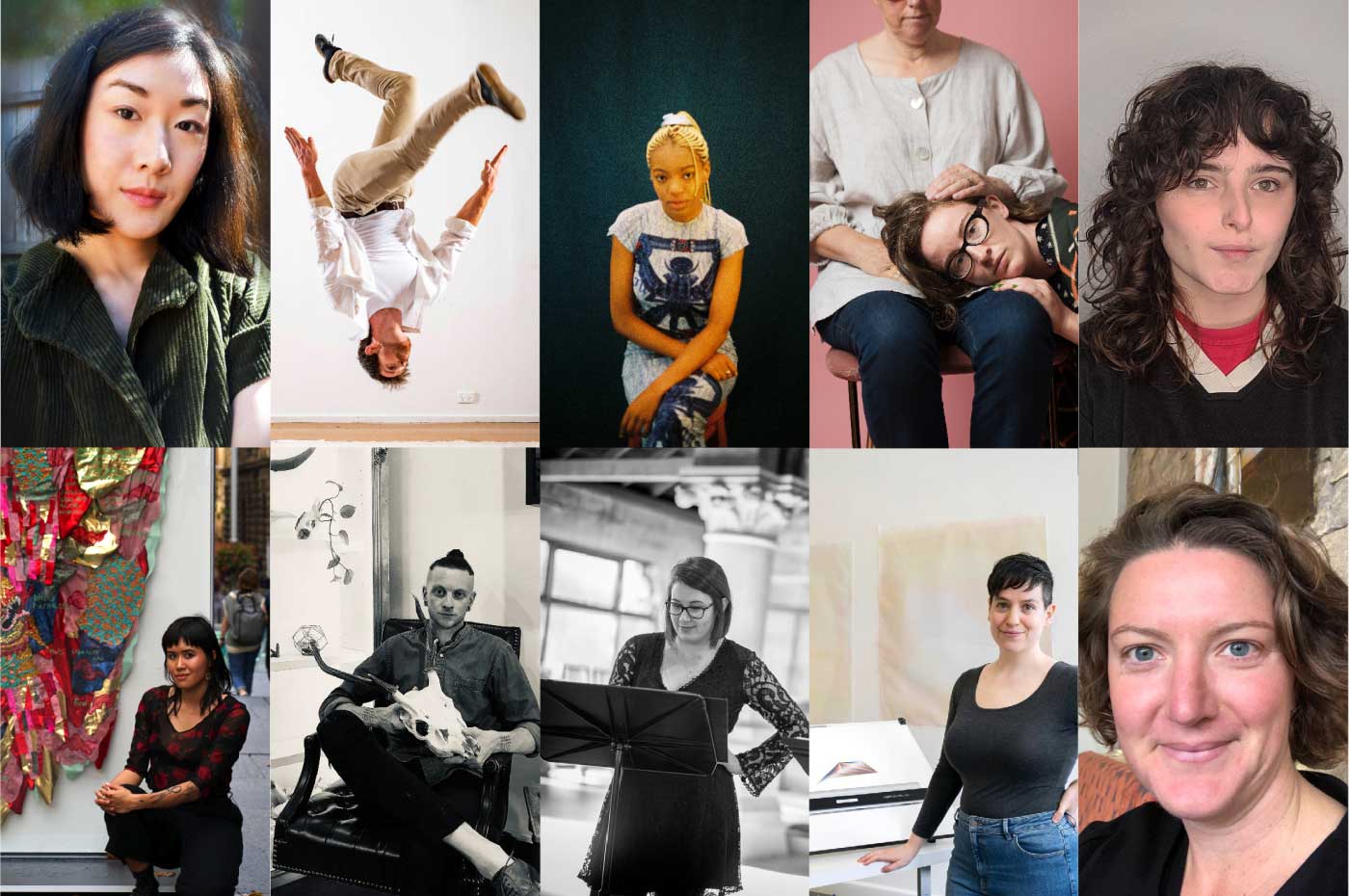Recommended ReadsDecember 7th, 2021
The promise and the danger of Google’s jaw-dropping new image upscaling tech

The rise of machine learning has created significant change for digital photography. So much so that computational imagery is now an entire field producing very interesting possibilities. If an algorithm could make guesses about a tiny blurry photo thumbnail you had and rebuild it into a full detail image – which Google says it can do – would you trust that it got it right?
According to Google’s recent academic paper [PDF], their newly developed SR3 (Super-Resolution via Repeated Refinement) can recreate full resolution images from tiny images with no more than 64x64 pixels of information. This means, for example, that if you had a photo album where you had accidentally deleted all the originals years ago and were just left with the small blurry image preview of each photo, you could recreate each one back to the original quality. It means that if an image is ever downsized, such as when you save your photos to a cloud service at a low resolution and delete the originals from your device, that the original resolution image can be magically retrieved.
This is a stunning achievement.
SR3’s output is incredible but it’s important to remember that, just like a human editing photos in years past, any editing done by machine learning is still artwork based on a learned approach to a task. Results from many AI research projects (such as “Ask Delphi”) show that learned bias is a huge problem, with some outputs favouring racist and gender-biased solutions. If you entrusted AI to recreate your photo album, could you be sure it would faithfully restore your race, culture or gender? Or would it tweak and change it to match a biased or incomplete world view, another take on reality based on a learned assumption?
I am always amazed and appreciative of advances in technology and view them as empowering and positive events. I love to think of the great possibilities we can build with it and as long as we balance this awe with awareness of its limitations then we can continue to construct better futures for us all.

